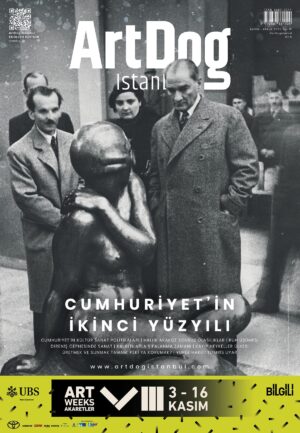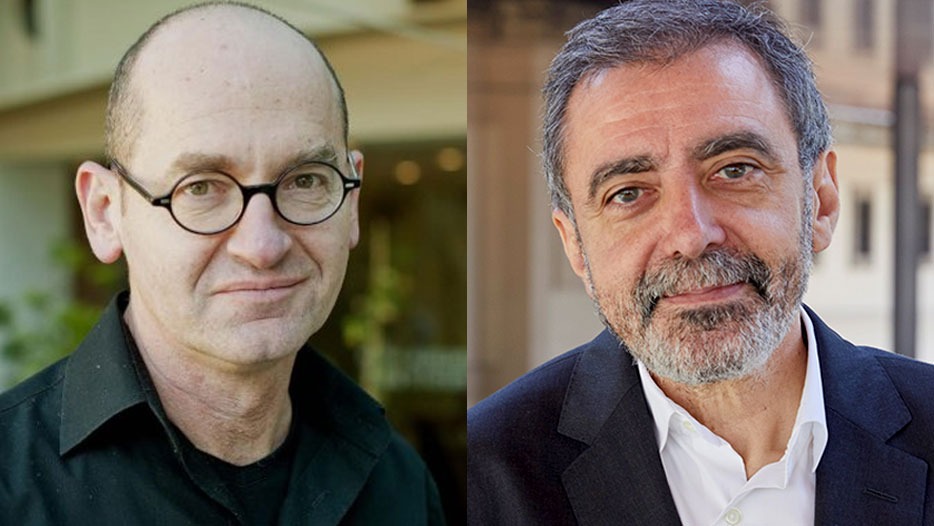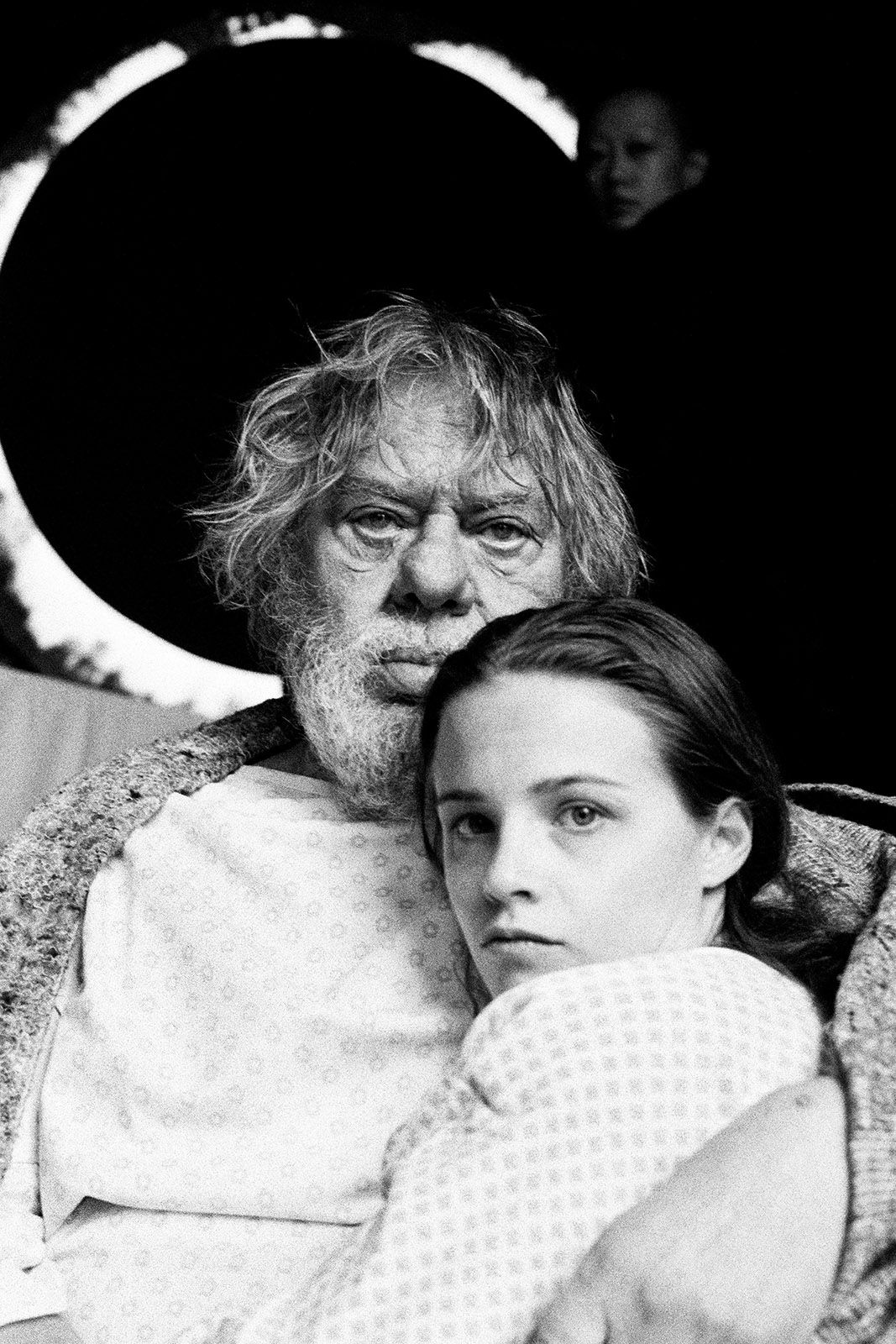Curators Vasıf Kortun and Manuel Borja-Villel have released an open letter regarding the latest situation of Documenta. The letter said even though Documenta has been the reference of the art world for decades, marking the spirit of our times, Documenta became a symptom of a plagued Europe than anything else.
The letter continues as; ‘‘It is increasingly evident that culture and cultural institutions have become a battleground, which the illiberal forces are ready to conquer. The attacks against the last Documenta and the counteraction to reorganize its governance prove so. What was once a site for experimentation and autonomy is becoming a site of control. Historically, since Documenta 5, the director and their team had complete freedom of creativity. Instead, the function of the newly appointed Director of Fridericianum and Documenta Gmbh appears to be control and political supervision.’’
Kortun and Borja-Villel stated: ‘‘Some months ago, we both were invited individually to submit a proposal. But we decided to do a joint proposal, which was accepted and even discussed by the Finding Committee. But then we received a letter from Documenta stating that our application had to be “terminated” out of a formality. Should we have been disregarded because our project was not compelling for the Finding Committee, we would have had nothing to say. However, to be eliminated out of formality once the Committee already discussed the project was uncanny. The last news about Documenta, the resignation of Ranjit Hoskote, and later Bracha Ettinger, and the rest of the Finding Committee, is proof of a crisis that we think is not artistic but political. Even if it exposes us, we consider it ethical to go public. At stake is not only the autonomy of an institution, which has been fundamental to all of us but also the survival of Documenta itself.’’

The letter continued:
‘‘As in its most extraordinary editions, the importance of Documenta lies in its capacity to address the role of art and offer tools to understand the shifts in history. As we wrote in our proposal, Documenta should adjust to alternative ways of understanding the world. We all stand to lose if Documenta avoids questioning the status quo and limits itself to social scripts.
At this moment, we have more questions than answers. What led the Committee to resign, and how did the persecution of Ranjit Hoskote begin? Was there somebody who ordered a sinister investigation to unearth an obscure document from 2019 and release it at the appropriate time? Why did another member step down after the incident? What exactly is the director’s role of Museum Fridericianum and Documenta Gmbh? Is he there to facilitate realizing the chosen project or just the opposite? How come the problem of confidentiality came out once our proposal was read? Perhaps the ideas set forth or the list of proposed collaborators were not aligned with the new spirit of Documenta. And finally, do German officials understand that Documenta, like any museum or art center, is a place where society can deal with its terrors, desires, and hopes, and can only do that when freedom of creativity is guaranteed?’’
Curators said, all this echoes the witch hunts targeting all public intellectuals in Europe and abroad who called for peace in Palestine, adding that it also looks like there are invested interests in filling a space that has been left empty. At last?
What happened at Documenta?
Earlier, two members left the committee, then the remaining four members have also resigned. This development has cast uncertainty over the future of the 2027 edition, as the mounting pressure on the committee continues.
Documenta said that four members—Simon Njami, Gong Yan, Kathrin Rhomberg, and María Inés Rodríguez—had resigned after what the exhibition called “an extremely difficult decision-making process.”
Their departures follow those of Israeli artist and philosopher Bracha L. Ettinger and Indian poet and critic Ranjit Hoskote, who resigned earlier.
Documenta said that four members—Simon Njami, Gong Yan, Kathrin Rhomberg, and María Inés Rodríguez—had resigned after what the exhibition called “an extremely difficult decision-making process.”
Their departures follow those of Israeli artist and philosopher Bracha L. Ettinger and Indian poet and critic Ranjit Hoskote, who resigned earlier.
Ettinger cited the inability to attend in-person meetings after the October 7 Hamas attack and the “dark times” facing her home country as reasons for leaving the committee.
Hoskote had been denounced by Documenta for signing a Boycott, Divestment, Sanctions letter that compared Zionism to Hindu nationalism in India. Documenta called that letter “anti-Semitic.” Hoskote said in his resignation letter, “It is clear to me that there is no room, in this toxic atmosphere, for a nuanced discussion of the issues at stake.”







